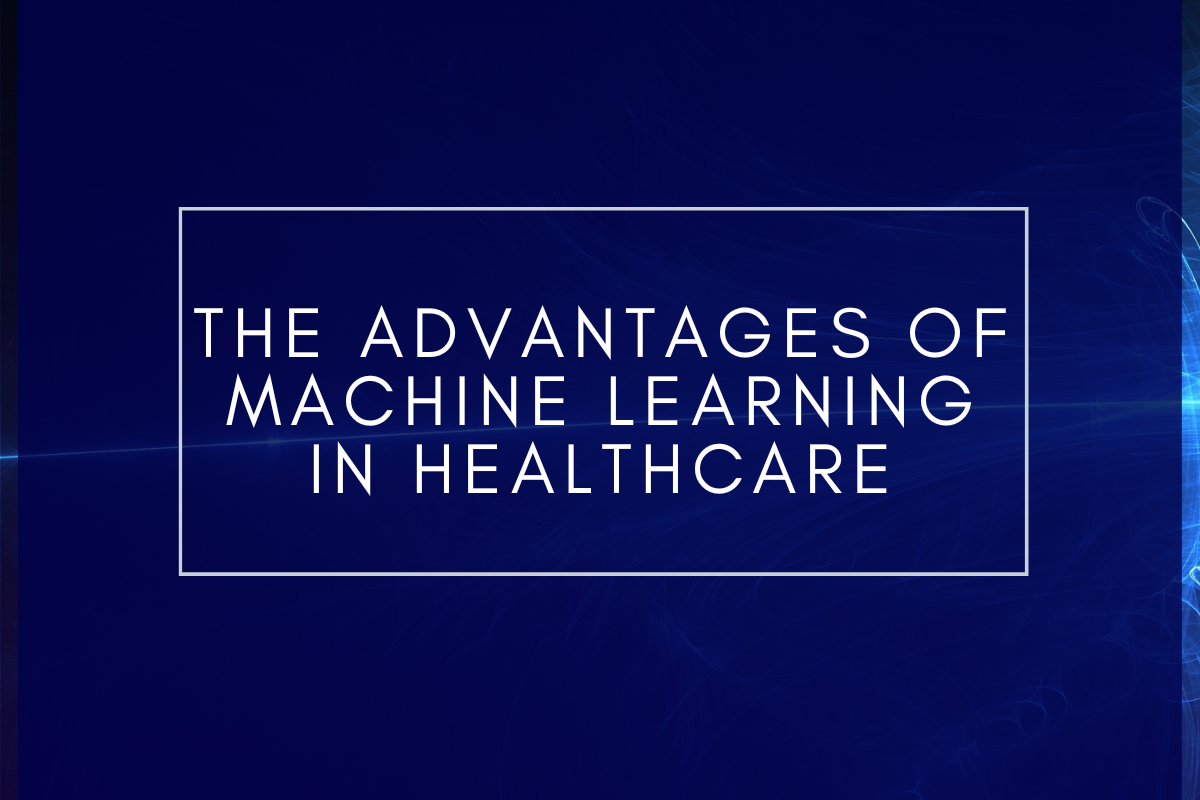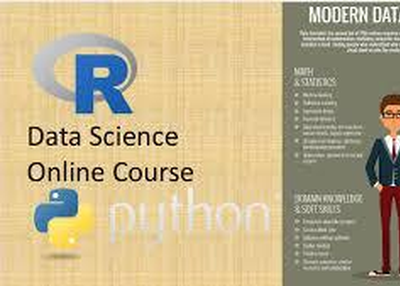
Data Science vs MBA- The Great Debate:
MBA data science and data analytics graduates are tasked with making critical business decisions and data analysis. MBA courses are located in the intersection between business, computer science, and technology, and include topics like data analytics and modeling, designing data products, and much more. An MBA in business analytics is a perfect way to jumpstart your business analytics career, especially if your main interest is the applied side of business analytics, that is, driving business practices with data-driven decisions.
Since the MBA in business analytics is, above all, a degree in Business, you will not look for jobs in Data Science. That means when you graduate, you will first be a professional in business administration, but with a stronger understanding of data analytics tools, and how to use data insights to drive business decisions. While not a substitute for a master's in business administration, having skills in data analytics may help professionals augment their business degrees and master in business administration with analytical skills.
While master's degrees and PhDs in quant fields like math, statistics, computer science, or engineering are the more sought-after qualifications, other qualifications like MBAs and M.S.s in business analytics may also translate into careers in data science industries. To be a Data Analyst or Data Scientist, you can gain the advantage of having a minimum Bachelor's Degree in quantitative fields like Mathematics, Statistics, or Computer Science. Incoming post-graduate students interested in both statistical analysis and business administration might think that they should get a master's in business administration or major in data science.
Dual degree- take or pass?
In general, students looking to get immersed in data science fields, but still keep their eyes set on a business administration career, may be better off going for dual degrees. Many business schools offer dual degrees so that you develop skills in business and data science together. Even though data science courses are open to graduates, experts with at least 2-10 years of experience would prefer to learn about how managers apply business analytics to address problems and challenges within their businesses.
The main topics covered in the course are business analytics, data mining and predictive analytics, analytics using R, and business analytics using SAS, SQL, Excel, and Python. The course emphasizes skills needed to manage data analytics lifecycles and business problems via visualization. The business component requires a deep understanding of business, whereas the analytics component requires an understanding of data, statistics, and computing. Data science analytics results cannot be used for everyday decision-making of the business, whereas Business Analytics is crucial for the leadership in key decisions.
Data science is a science that studies data using statistics, algorithms, and technologies while Business Analytics is a statistical examination of data of business. The difference between them is that Business Analytics is specifically focused on business-related issues such as costs, profits, etc., while Data Science answers questions such as the impact of geography, seasonal factors, and customer preferences on a business. For higher-level positions, hiring managers typically prefer anA graduate or master level degree in analytics.While data analysts and business analysts use data, the main difference is what they do with it.



























